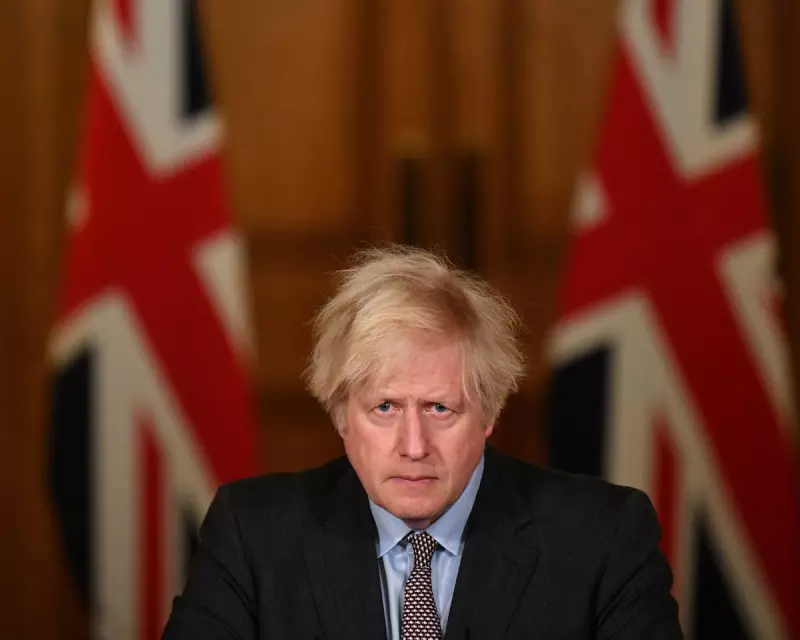
The official Covid-19 inquiry has delivered a devastating verdict on the UK's handling of the pandemic, singling out Boris Johnson's administration for the most severe criticism. The report paints a picture of a government that was catastrophically unprepared and plagued by a toxic internal culture.
A 'Lost Month' and a Toxic Culture
Heather Hallett's inquiry found that grave failings were not limited to the UK government in Westminster, with all four of the nation's administrations facing criticism. However, the UK administration led by Boris Johnson receives the largest share of blame, a consequence of its greater resources and central responsibilities.
The report condemns the 'lost month' of February 2020, a period when the Prime Minister was on a half-term holiday and not receiving daily briefings or meeting with his cabinet. For the families of those who died, this delay is described as unforgivable.
Furthermore, the inquiry reinforces the already damning portrait of a 'toxic' and dysfunctional Number 10. The role of adviser Dominic Cummings in fostering a 'culture of fear' within the civil service is highlighted, alongside a depiction of an administration that was both out of its depth and disastrously complacent.
Department of Health Under Scrutiny
The criticism extends deep into the Department of Health and Social Care. The inquiry heard evidence that former Health Secretary Matt Hancock was known among top officials for making misleading statements. Helen MacNamara, the deputy cabinet secretary, described his confidence as being at 'nuclear levels'.
Equally disturbing are the findings regarding Sir Chris Wormald, the department's most senior official at the time, who now heads the civil service. The report reveals he was still resisting lockdown measures as late as 15 March 2020. The department is set for further scrutiny in a later report that will analyse the pandemic's devastating impact on care homes, where 45,632 Covid deaths were recorded.
Lessons for the Future
For bereaved families, this report is a crucial milestone in their quest for truth and accountability. Many believe Boris Johnson should be stripped of the privileges afforded to a former Prime Minister.
While the inquiry itself has faced questions over its length and cost, its core findings are stark. It reveals a fundamental unpreparedness for a pandemic despite repeated warnings, combined with a significant deficit of scientific understanding within the government that expert advice could not overcome.
The report concludes that emergency planning is a core function of government. It is not sufficient to merely identify the errors of the past; it is essential that this hard-won information is used to ensure the UK is better prepared when the next major crisis inevitably strikes.






